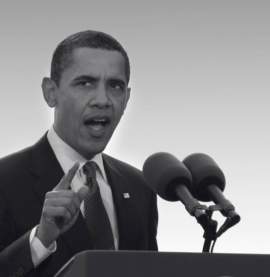
What are the Leading Questions?

An objection based on leading the witness would be an objection to an attorney asking questions of the witness which suggest the answer to the question within the question. For example, an attorney might object to leading the witness if the attorney in question asked, “You were at [this particular location] on [this particular night], correct?”
The prior question would be considered to be leading the witness because it suggests the answer within the question, whereas a non-leading form of the question would be, “Where were you on [this particular night]?”, which does not include the answer within the question. Commonly, leading questions are perceived to be yes or no questions, although not all yes or no questions can be objected to as leading the witness.
An objection of leading the witness is also importantly different from a question which contains an assumption, as the question with the assumption would not contain the answer, but might still be objectionable due to what it implies.
Asking leading questions can lead to an objection from the other counsel in a particular trial, but only under certain circumstances. This is because it is permissible for an attorney to ask leading questions of a witness if the witness in question is considered a hostile witness.
Most often, then, leading questions are permissible when the questioner is cross-examining the witness, but sometimes it is possible that an attorney would call a witness to the stand who would be declared a hostile witness, even though the witness was technically a witness for his or her own side.
NEXT: What is a Misleading Question?





















